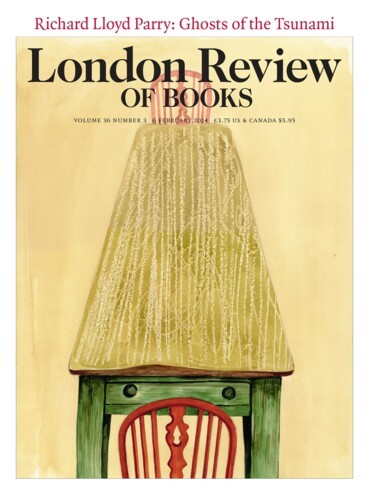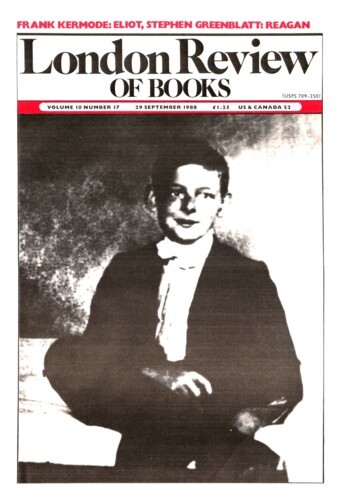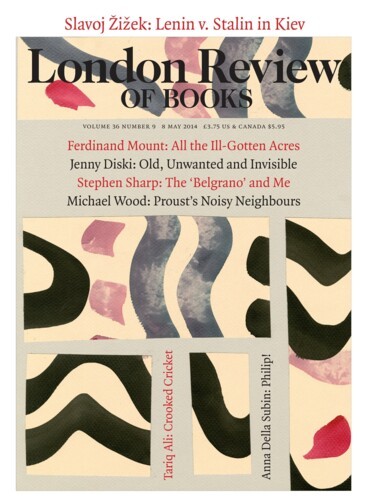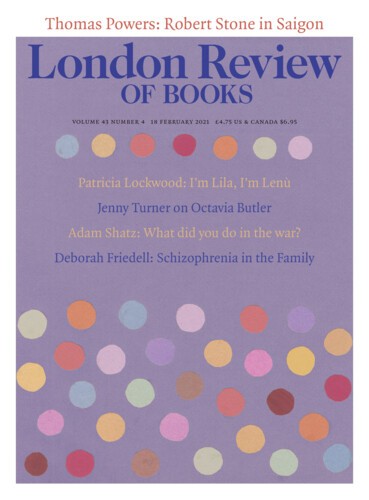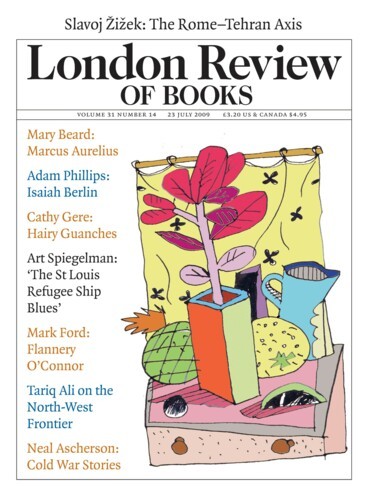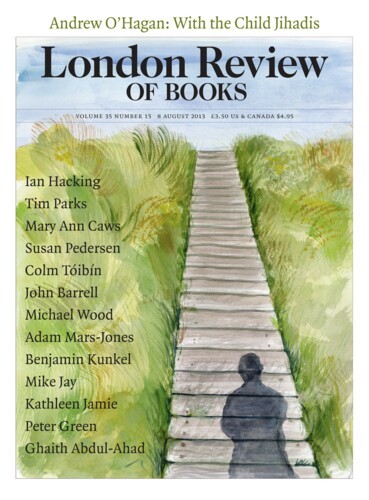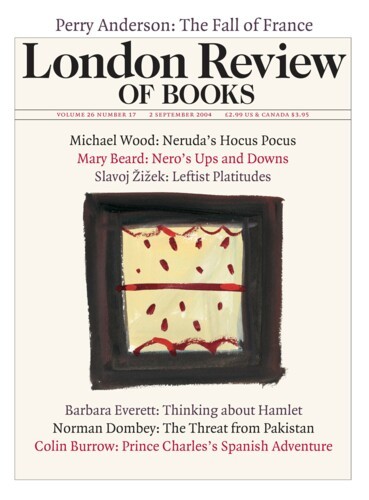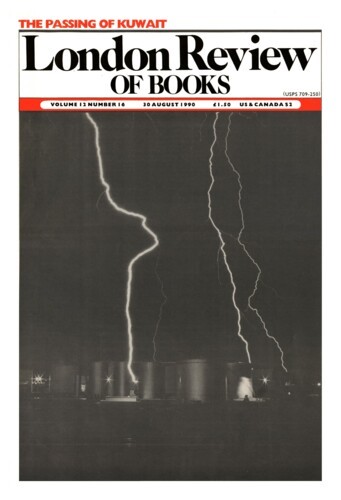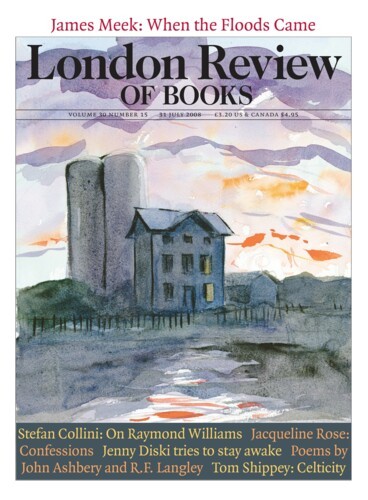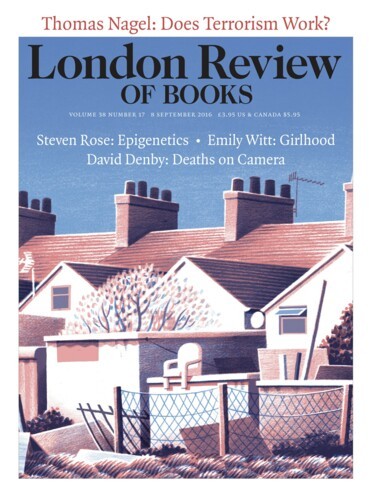I haven’t been nearly mad enough: Modern Madness
Jenny Diski, 6 February 2014
I return to the complete mystery of why some people are knocked flat and incapable by what seem like only the mildest of dysfunctional backgrounds, compared to others whose childhoods were devastated by cruelty and deprivation, let alone those who grow up with famine and war, yet seem to find a way to live their lives as if they were their own. And all that space in between the extremes of near harmlessness and full-blown misery: the whole regular family muddle and mess that everyone has to survive, or not.
